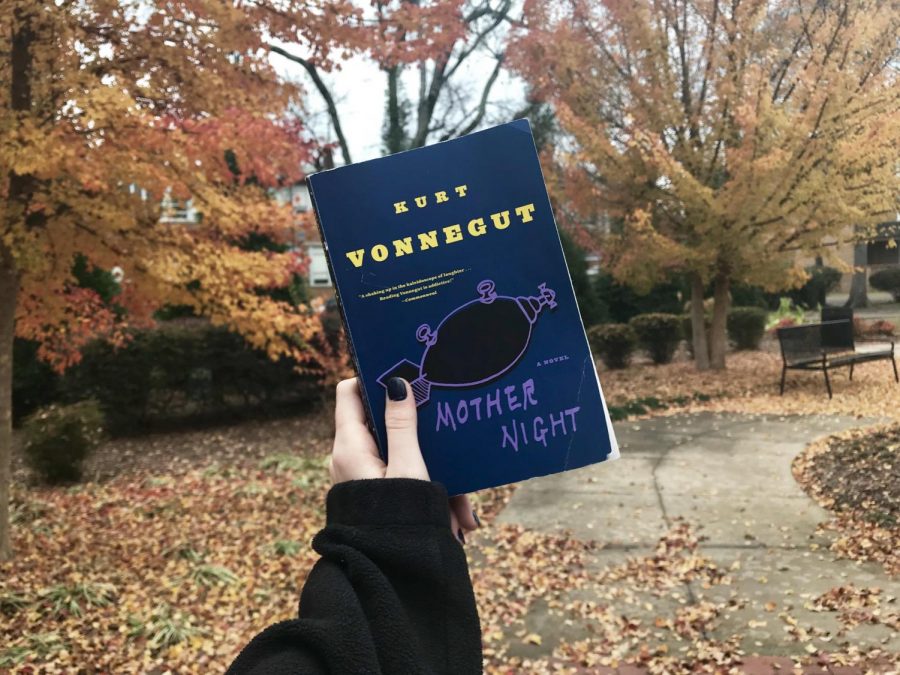Book Review: “Mother Night” by Kurt Vonnegut
Mother Night by Kurt Vonnegut
December 4, 2017
“Mother Night,” a riveting recollection and examination of a Nazi war criminal’s actions throughout the course of World War II, causes readers to question their own moral compasses.
The author of this novel, Kurt Vonnegut, is more widely recognized for “Slaughterhouse Five.” Although less recognized than some of his other works, “Mother Night” tells a story of intrigue and moral confusion, which is presented to readers alongside a tale of love and compassion.
Readers are first introduced to the story’s protagonist, Howard W. Campbell Jr., as he sits in a prison in Israel fifteen years after the war and prepares a confession. He is being tried for his war crimes during his time as a spy in World War II. Someone reading this book might struggle at first to find the desire to develop a connection with this character. After all, he was a supporter of one of the most ruthless and tragic times in human history. His countless radio broadcasts that lifted him to fame overflowed with hateful Nazi ideals and antisemitic views.
As the storyline powers forward, however, readers gain a new perspective on Howard and learn the truth behind his motives. Through a series of flashbacks to the war and his time as a spy, readers are given an insight to his personal life, a life full of passion. He was passionate about his his art, an impressive collection of plays that he brought into creation throughout his lifetime, and his wife, Helga. His struggle to cope with his actions and the negative effect that they had become increasingly obvious as the story progresses.
Readers consistently struggle to justify the morality of Howard’s actions despite their desires to like him as a character. This struggle blurs the lines that exist between good and bad and forces readers to see this Nazi war criminal in a new light.
Vonnegut announces in the first sentence of the introduction of “Mother Night” that this is the only one of his novels whose moral he can identify. He states that the moral of the novel is, “We are what we pretend to be, so we must be careful about what we pretend to be.”









